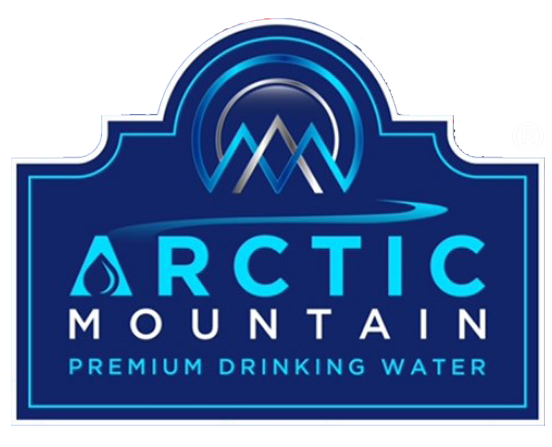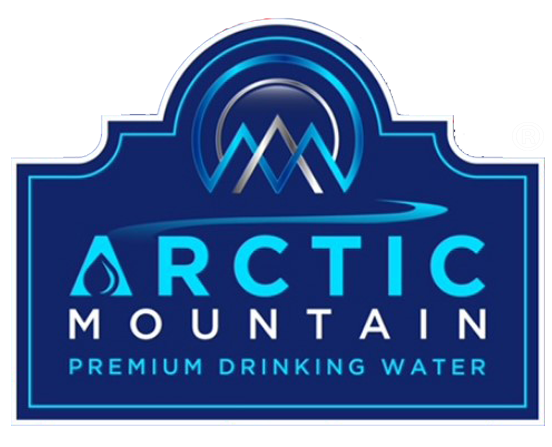The explosion of craft breweries in the past couple decades points to a simple fact: we are living in the midst of a beer renaissance in this country. We are so spoiled for choice that walking into the beer section at the store nowadays can almost feel overwhelming. Whether you like anything from a heavy porter to a crisp lager to a hoppy India pale ale, there’s going to be that one (and probably more) right beer for you.
All of that evolution means there’s also a greater interest than ever in the brewing process. Debates rage over what grains to use, when to add hops and a million other factors. One thing that’s sometimes neglected in these conversations, however, is the quality of the water. Many brewers might not even be sure if a commercial water purification system is right for them. Read on for more tips about why investing in one could be the right call for your operation.
What is soft water?
All water seems “soft,” of course, but that’s not what we’re talking about here. “Soft” and “hard” water refer to the amount of minerals contained within the liquid. Hard water will contain much higher amounts of things like calcium, sulfate, sodium chloride and magnesium, and will likely also have higher alkalinity. These minerals pose no danger to humans, but it can have a big impact on how the beer ultimately tastes. For that reason, more and more breweries are exploring water purification options like commercial reverse osmosis systems.
Differences in taste
Many of the oldest breweries in Europe go to great lengths to control their water supplies, since they know full well how much of an impact it can have on the end product. They strive for consistency above all else—customers need to know what they’re getting.
For that reason, it’s interesting to note that neither hard nor soft water is inherently “bad” for brewing. Hard water can produce beers with rich mouthfeels and hoppier profiles, so it can create some interesting blends.
The problem is that it’s difficult to control the consistency of water that’s hard right when it arrives from the source—mineral levels and alkalinity can fluctuate. This is why it’s usually worth looking into a commercial water purification system.
Other water variables
Brewers of all sizes don’t just need to worry about water hardness when they’re creating the next great beer. They also need to be aware of and account for modern treatment techniques like chlorination that can also affect the flavor profile. A commercial reverse osmosis system can remove these unpleasant tastes and guarantee that every batch of water coming through the pipes is exactly the same as the batch before, helping to ease the brewer’s mind when it comes to the consistency of their product.
The proliferation of craft beers and the diversification of large-scale breweries has been a very exciting time for fans of American brews, and commercial water purification has helped make it happen. Our team at Pure Water Technologies is proud to offer these products—particularly the aforementioned commercial reverse osmosis system—so give us a call today to see how our products can help keep your taps flowing.


